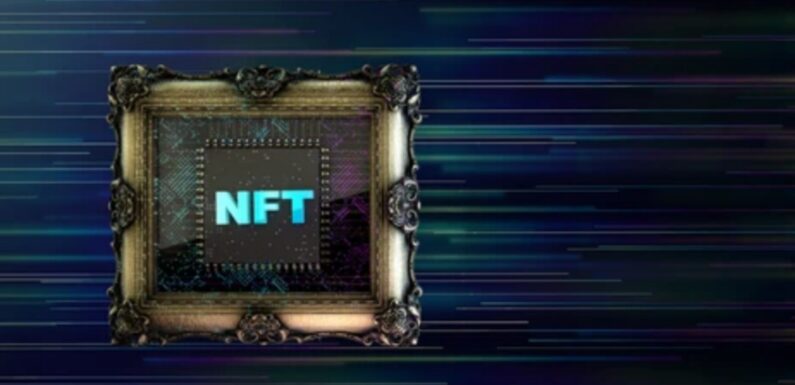
Privacy, copyright infringement and counterfeiting are considered the primary problems of the digital world. The question arises can these problems be turned into non-fungible tokens to resolve them? Lately, NFTs have gone mainstream, getting a feature in the popular comedy show SNL, the use of NFTs has limited to digital art, but could that be changed?
Applying NFTs in such a way could be revolutionary. Furthermore, enthusiasts believe we are only scratching the surface of the future potential use cases of NFTs.
Various luxury makers are exploring blockchain technology to seize the widespread problem of counterfeiting in digital mediums. In his book, Tim Phillips expressed how something as mundane as car parts to specialized medical prescriptions all can be copied and have a knockoff made of a genuine product. Sadly the problem is not only faced by physical products; digital creators are in a constant spiral of getting their copyrighted content stolen and redistributed without them getting any compensation.
Recently, the emergence of online streaming platforms has reduced some concern regarding piracy on digital medium. However, it is still not enough as recently, in 2019, according to the Global Innovation Policy Centre report in the USA, the pirated content of tv shows and movies cost roughly $29.2 billion in damages.
Moreover, software piracy is still unaddressed, causing a decrease in revenue for businesses. The users downloading pirated copies of software can be at threat of malware that can often creep in from illicit websites and software. The influencer community has also been hit by copyright infringement, As digital contents were stolen and being redistributed under someone else’s name, further hampering the creative content’s reach and the merited recognition of the influencer.
While completely removing piracy from the web may take some decades to solve due to the recent advancement of technologies, NFT could support the authentication of product on the internet. The online shops fail to give customers proof of ownership, hampering the customer ability to resale the item later on as many could not differentiate between authentic and bootlegged products.
A marketplace powered by NFT has been created by Uquid, who have named it NFTD. The marketplace work by assigning every seller and their product IDs, and upon purchasing an offering, the recent owner will receive authentication of ownership. The market place offers a broad range of products from software, movies, pictures and many more.
Making the process simple
Another goal of the NFT based market place is to introduce beginners to the domain of NFTs and cryptocurrencies, which there is a certain amount of difficulty to understand. Uquid is accomplishing this by carrying out the same process to any other e-commerce website that requires an account on the platform to buy and sell.
NFTD is, powered by Uquid, which is a utility token based on the BSC. The network delivers an impressive performance as it can create a block every 3 seconds and economical transaction fees. As the platform is working, now the brand is looking to bring NFTs much closer to daily life.



